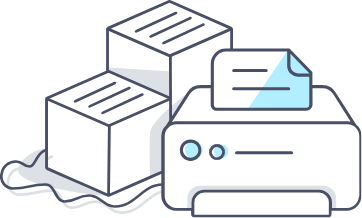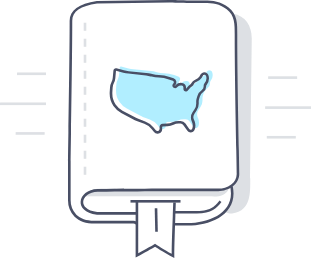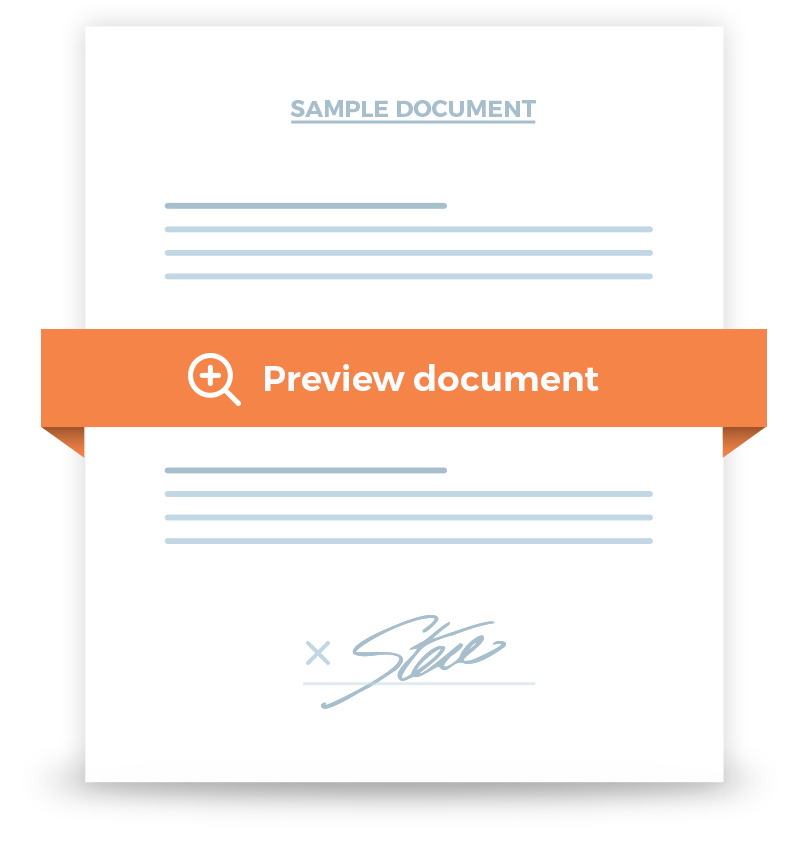Rent Receipt
A Rent Receipt is a slip that a landlord gives to a tenant upon receipt of the rent. It offers proof of the paid rent and helps the landlord and the tenant keep record of the payments.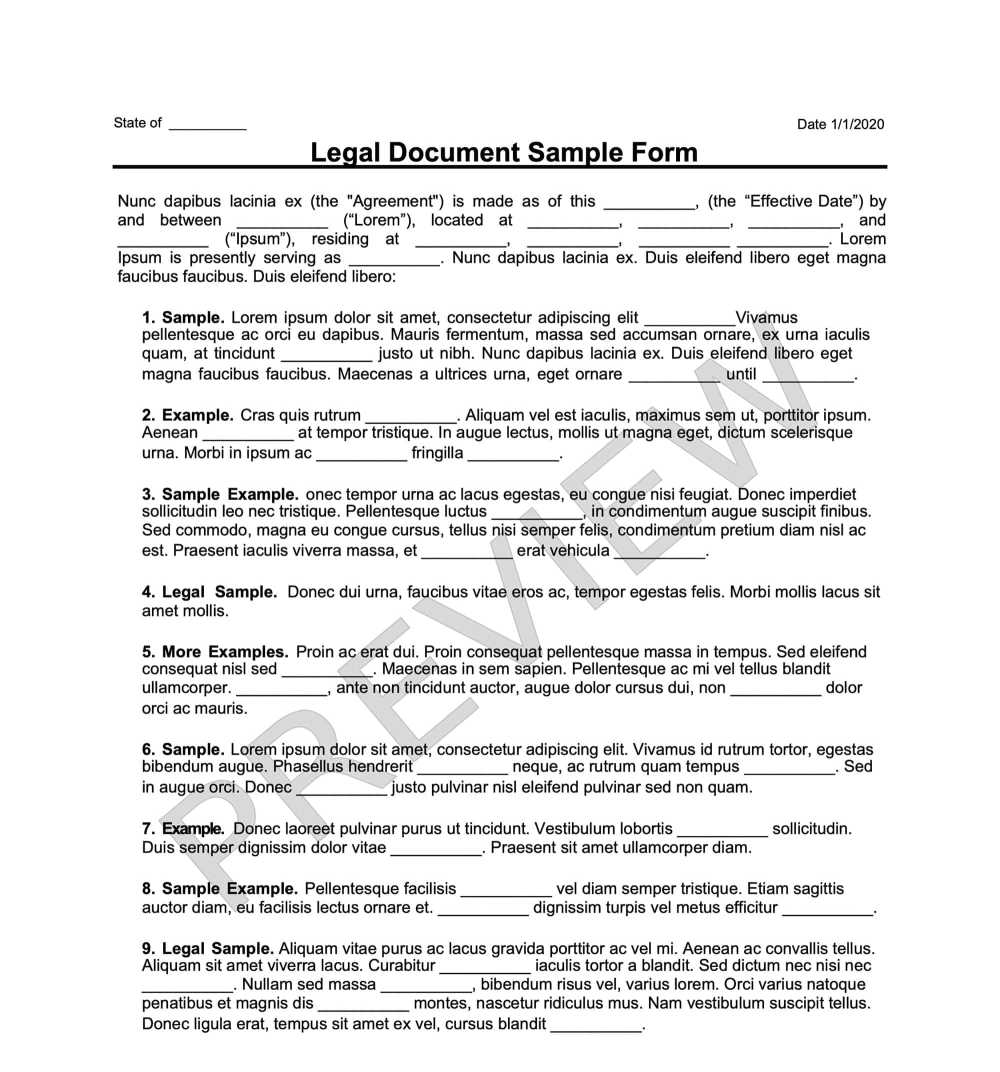

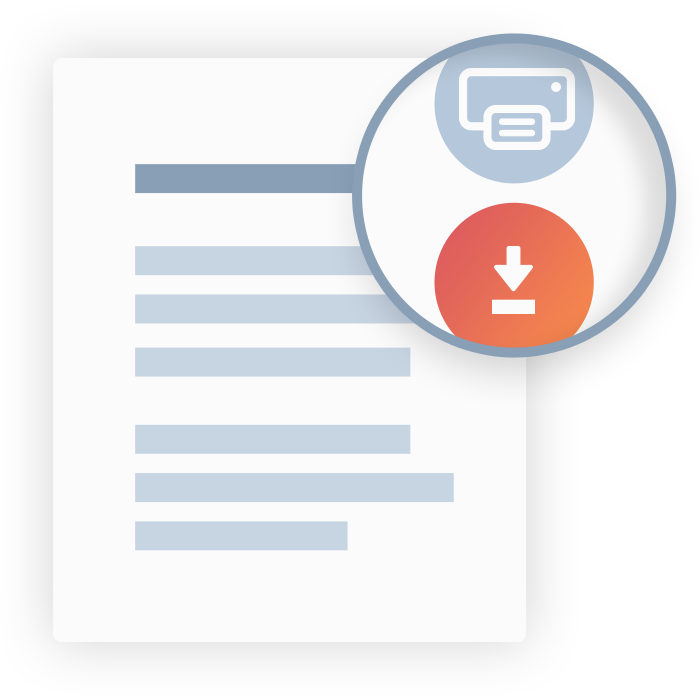
Frequently Asked Questions
A Rent Receipt isn’t a mandatory document in every state. However, some states require landlords to issue this document as a payment reference. It’s worth checking your state law to determine if a Rent Receipt is required.
If a landlord neglects to issue a Rent Receipt, it’s within the right of the tenant to ask for one. Besides serving as proof of rent payment, it can document a mutually agreed upon reduction for the month.
Landlords can use Rent Receipts to track all payments collected from tenants and record rent deductions. Homeowners can also use these receipts to document tax deductions when filing their returns, as in the case when they use a portion of the property for a home business.
Generally speaking, it’s a good idea to keep Rent Receipts for the duration of the lease agreement. Some may choose to keep the Rent Receipts for longer, in anticipation of future disputes. Rather than the physical receipts, it might be a good idea to scan the document and store it digitally.
If a landlord doesn’t draft a Rent Receipt and the tenant doesn’t ask for it, they don’t have proof of payment if it is paid in cash. However, there are other records that a tenant can use as proof of payment if paid with a personal or business check, ACH transfer, and other official means.

